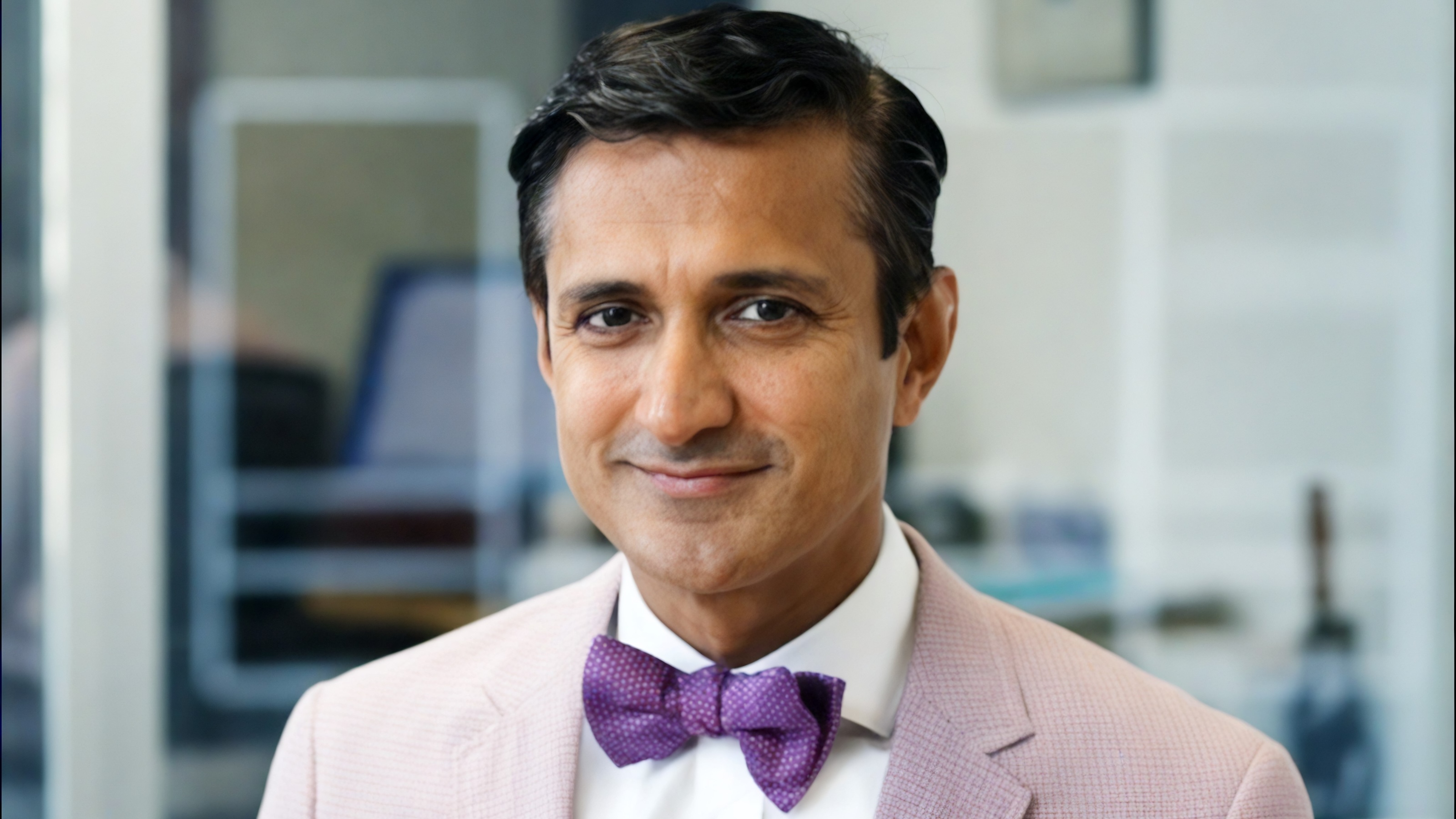How do we blend altruism and efficiency?
Jagdish Bhagwati: I think one of the remarkable things which just happened in the 20th century is really the growth of the NGOs [nongovernmental organizations] or the civil society. And you see that particularly in democratic countries. Like in India, there are three million non-governmental organizations, many of them mom and pop. We have 45,000, I’m told, in Russia itself.
So while they __________ throw our Carnegie and Ford Foundation and so on, the big guys, which doesn’t bother me very much, their own indigenous people are very important like they are in our own country.
To me good governance is really essential for prosperity, for a sense of belonging to the community and so on. You can belong to a community which is led by a corrupt government for example and so on.
So I think for all of that, it is very important that we have this civil society. Even if the government wants to do good things, it has no way of knowing what the problems at the ground level are. And the NGOs, a civil society provides you with the eyes and ears of good governance.
You have to pay a tax. But if you don’t know that evolution is occurring; your law is sitting on the books in New Delhi where the capital of the country. And it’s happening somewhere 50 miles from Bangalore. How are we going to find it out unless there is a little NGO or a democratic system where this is allowed to function, and so on. So I think the civil society is so important.
And we often make this point. On the right wing, the right would say, leave things to the private sector because they are close to the ground, and they have a profit motive. So they really should be left to do things. Bureaucrats don’t ever have that.
So I’m making a similar point on the side of the left, as it were, which is to say they have the altruistic motive to do good, which is to correspond to the profit motive and the right wing argument for not intervening. And they have the political; to work with local knowledge.
Ithink the most important thing for us is to encourage the civil society, and to support it everywhere. But this doesn’t mean that we must have Oxfam. These are gigantic businesses today. It’s worth billions of dollars being spent. Oxfam is half the size of the World Bank, believe it or not. They get into everything. They should just stick to famines and flood relief and so on. But they’re fantastic. But this is the trouble.
I would say I’m against big size, let me put it this way. Both in NGOs and people getting too big and leading to monopolistic practices and so on.
Strengthening media, democracies, and so on, that’s the only way to get good governance. And I think this is where we ought to encourage, increase activity by our system. And preferably through NGOs themselves. Because if governments get involved, immediately it creates problems.
Recorded On: Aug 14, 2007





